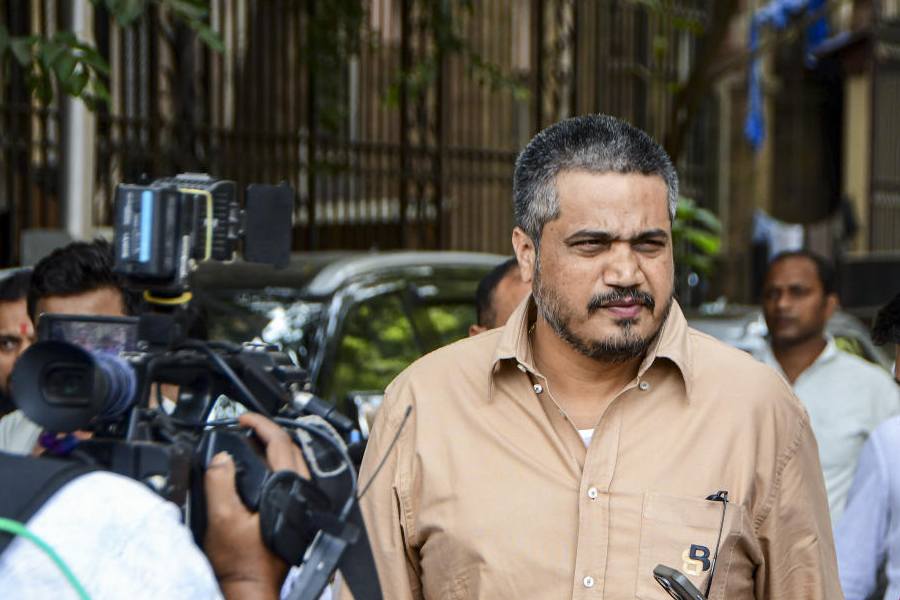The Bihar caste survey has inspired the Pasmanda Muslims of Jharkhand to think that they too deserve certain benefits from the state government such as reservation.
“We have raised the issue on various occasions in the past and the government should now extend the same treatment to Pasmanda Muslims as meant for other disadvantaged communities,” Mufti Anwar Azhar, state head of Pasmanda Muslim United Council, Bharat, pointed out while speaking to this newspaper.
All marginalised communities, irrespective of their religion, who are treated as backwards in respect of their education and economic status should get equal opportunities and Pasmanda Muslims should also not be deprived of that, he added.
The Bihar caste survey report has recently revealed that Muslims constituted 17 per cent of Bihar’s population and 73 per cent of the total Muslim population belongs to the Pasmanda Muslim category that comprises communities such as Ansari, Halalkhor, Dhunia, Dhobi etc, Ansaries being the largest group among them.
“The updated census, when done, will push these figures a bit upward, I think,” Azhar said, adding that those figures in Jharkhand would be almost identical, if not more favourable for them.
There are certain districts in Jharkhand that have a considerably high concentration of Pasmanda Muslims, particularly Ansaris, that may put their ratio among the total Muslim population even higher than that of Bihar if a fresh census that was due
two years ago is done now, he argued, adding some blocks like Ratu, Nagri and Ormanjhi in Ranchi district had a very high concentration of Ansaris.
“But the state government run by both the NDA earlier and now the JMM-Congress-RJD combine ignored our needs,” Azhar alleged, giving an example of a non-existing state madrasa board that could teach children, making them eligible for becoming Urdu teachers.
When Jharkhand was formed, there were 4,100 such Urdu teachers, many of whom retired but the vacancies could not be filled up by candidates trained under the state madrasa board curriculum, he explained.
“Disadvantaged Muslims should also get the same facilities such as reservation as the weaker sections of the Hindus are entitled to,” Azhar said, adding reservation should extend to the political sphere as well.
“There is reservation of seats at all levels including Assembly and parliamentary constituencies but no such provision exists for Pasmanda Muslims even where they form the largest group,” he further said.
“We must admit we don’t have a dynamic leadership at present that is required for achieving such demands,” Azhar replied when asked why their voice was not heard compared to many other communities.









